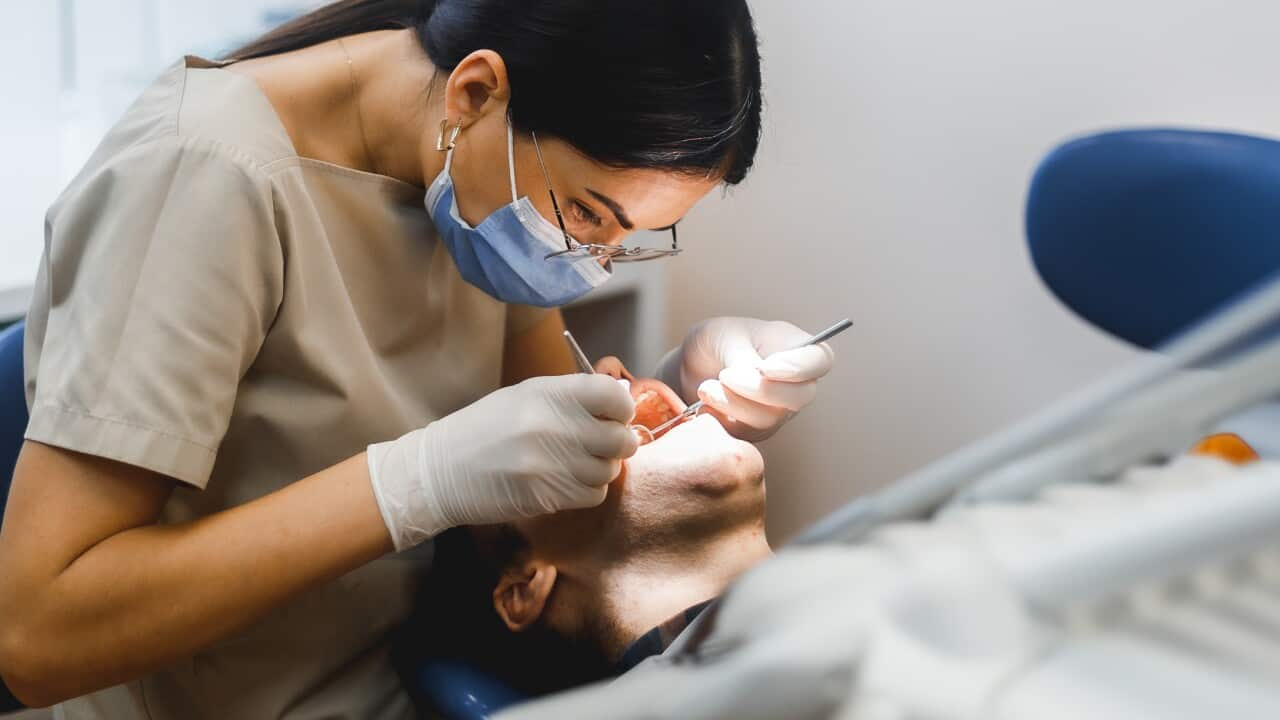Navigating Oral Emergency Situations: What to Do and Not to Do in Important Situations
When encountered with dental emergencies, the ability to respond suitably can be vital in protecting against further complications and making certain the ideal feasible end result. From toothaches to knocked-out teeth, busted oral fillings, jaw injuries, and oral blood loss, each situation requires a specific approach that can influence both short-term and lasting dental wellness.
Immediate Actions for Toothaches
Salt water works by aiding to minimize microorganisms in the mouth, which can contribute to the discomfort and swelling linked with a tooth pain. It additionally helps to attract out any debris or pus that may be existing, supplying a relaxing result on the aggravated tissues.
Along with rinsing with salt water, over-the-counter discomfort medications such as advil can be required to help take care of the discomfort. If the pain gets worse or continues, it is crucial to adhere to the recommended dosage directions and consult with a health care copyright. Prevent putting pain killers straight on the tooth or gums, as this can bring about chemical burns.
If the tooth pain lingers or is accompanied by various other signs and symptoms such as fever, swelling, or problem breathing, seek punctual oral like address the underlying source of the pain. Early treatment can assist prevent better complications and reduce pain.
Handling Knocked-Out Teeth
When dealing with knocked-out teeth, instant action is essential to increase the opportunities of effective reimplantation. The initial action is to choose up the tooth by the crown (the white component) rather than the origin to prevent damaging the fragile cells.

Motivate action and correct handling of a knocked-out tooth can substantially affect the chances of successful reimplantation, so it is vital to act quickly and appropriately in such scenarios.
Taking Care Of Broken Dental Fillings
Correct maintenance and regular dental check-ups are vital for dealing with broken oral fillings without delay and ensuring the longevity of your oral work. When a dental filling breaks, it can subject the internal layers of the tooth to microorganisms, bring about prospective infections and more damage if left neglected. It is crucial to call your dentist immediately to set up a visit for fixing. if you experience a broken oral filling.
In the meantime, there are some steps you can take to take care of a damaged oral filling at home. Non-prescription oral concrete can be made use of as a temporary step to cover the subjected filling and protect the tooth up until you can see your dentist.
Bear in mind that a busted dental filling should be dealt with without delay to avoid issues and protect the stability of your tooth. Routine dental exams can aid identify and address any type of problems with your fillings before they intensify right into even more considerable issues.

Managing Jaw Injuries
In cases of jaw injuries, swift and appropriate management is vital to mitigate pain and prevent further problems. Jaw injuries can result from various causes such as injury, crashes, or visit this website dental procedures. When faced with a suspected jaw injury, it is important to seek immediate clinical focus from a medical care specialist or check out the emergency situation space.
In the meantime before receiving specialist care, there are a couple of steps that can be taken to manage jaw injuries. It is crucial to prevent moving the jaw exceedingly and to refrain from consuming chewy or tough foods that could get worse the injury.
In addition, if there is bleeding related to the jaw injury, mild stress can be used using a tidy fabric to assist regulate the bleeding. Nonetheless, it is important to remember that these are short-lived actions, and prompt analysis by a health care service provider is vital to examine the level of the injury and identify the ideal course of treatment.
Just How to React to Oral Bleeding
Following the management of jaw injuries, dealing with dental blood loss promptly is important in ensuring proper care and healing. Oral bleeding can arise from various causes, such as trauma, oral treatments, or click resources underlying medical conditions. When faced with oral bleeding, it is essential to remain tranquil and take prompt activity to regulate the circumstance.
To react successfully to dental bleeding, begin by carefully rinsing your mouth with a moderate saltwater solution to cleanse the location and eliminate any kind of embolism. Apply gentle stress to the hemorrhaging website utilizing a clean piece of gauze or a moist tea bag for about 15-20 minutes. Prevent need to constantly check the site, as this might interfere with the clotting procedure. Look for expert dental treatment promptly. if the blood loss lingers or is serious.

Verdict
Finally, it official statement is critical to act immediately and appropriately when confronted with dental emergency situations. Immediate actions for toothaches, managing knocked-out teeth, handling busted dental fillings, taking care of jaw injuries, and reacting to dental blood loss are vital actions to guarantee correct care and protect against further complications. Keep in mind to look for expert aid as soon as feasible to attend to any dental emergency situation efficiently and successfully.
From toothaches to knocked-out teeth, broken dental fillings, jaw injuries, and dental bleeding, each circumstance requires a particular technique that can influence both long-term and short-term oral health. If this is not feasible, save the tooth in a container of milk or the person's saliva to maintain it damp while seeking immediate dental treatment.
Proper maintenance and normal oral check-ups are vital for attending to damaged dental fillings promptly and guaranteeing the durability of your dental work. Non-prescription oral cement can be utilized as a short-lived action to cover the revealed dental filling and shield the tooth up until you can see your dental practitioner.
Immediate actions for toothaches, managing knocked-out teeth, dealing with damaged dental fillings, managing jaw injuries, and responding to oral blood loss are important steps to ensure proper treatment and protect against further difficulties.